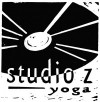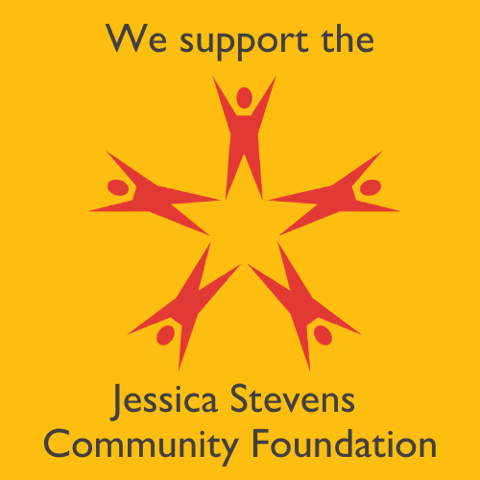When I first closed my studio in mid March, my thoughts were as follows….”this is temporary, I’ll be open again April 1st” and “I don’t need to teach online, there is a ton of good content on the web already”.
This time of sheltering in place may be temporary but I quickly realized that it’s going to last longer than any of us had realized. Since I’m committed to my students and my role as a yoga teacher, I decided to offer online classes.
When I first thought about teaching online there were other thoughts that I didn’t share with you. They sounded like this….”the existing online content is better than anything I can do”, “no way do I want to be on camera”, “I’m not into using tech for teaching”… blah, blah, blah. This mental chatter was my fear. Fear based on my past, my perceptions, my misperceptions – you get the idea.
Fortunately, through the practice of yoga (and some gentle nudges from others) I was able to dampen the voices down enough to do what I needed to do. Which was to get over myself and get on zoom! After two weeks of being online, some patient and wonderful students, and a steep learning curve, I’m feeling much better about virtual classes.

